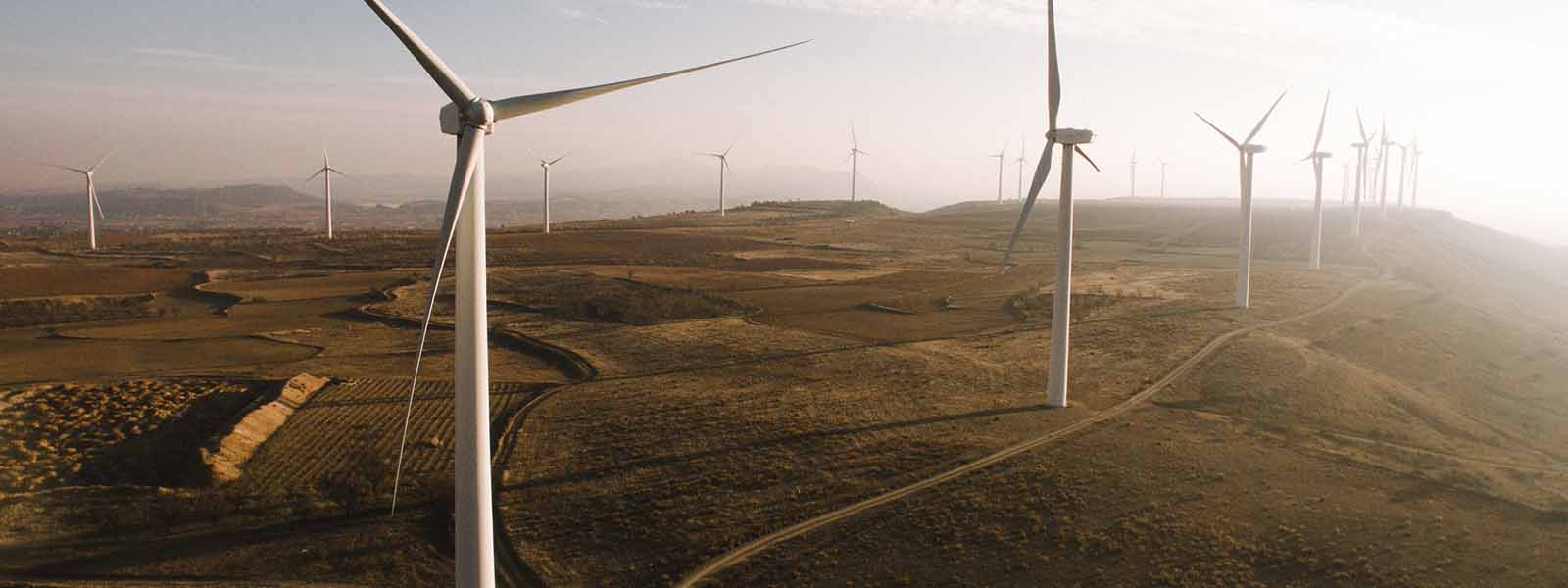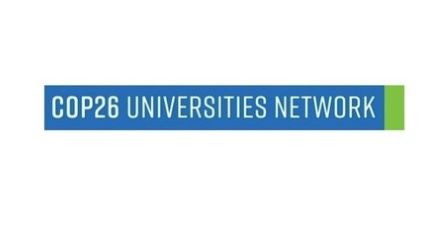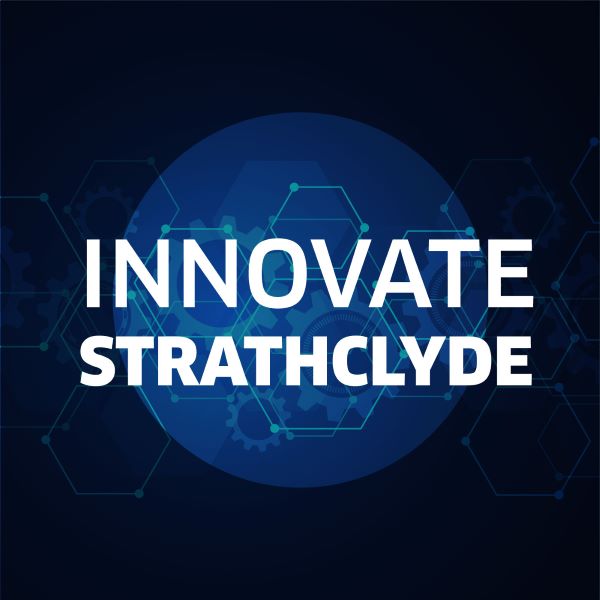Welcome to the Planet Pod COP26 Series Podcast in partnership with Innovate Strathclyde and the COP26 Universities Network.
Throughout COP26, we will be delivering a daily @COP26 podcast series, produced through a partnership between the University of Strathclyde, Planet Pod Productions and the COP26 Universities Network.
The @COP26 podcast series will produce a fortnight of daily podcasts with live and pre-recorded guest interviews from around COP26, including academics, local business and the general public, exploring and giving voice to the UK Universities, the COP themes, and the latest decisions, discussions and research.
By providing accessible information, unpicking the science, and exploring current and future innovative solutions to the climate crisis, the daily @COP26 podcast series will inform and inspire climate action across communities.
Keep an eye out below for links to our daily podcasts throughout COP26!



